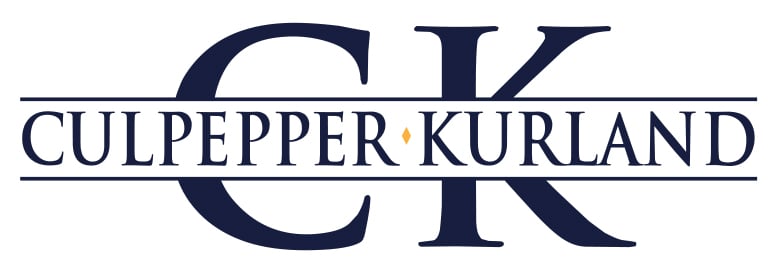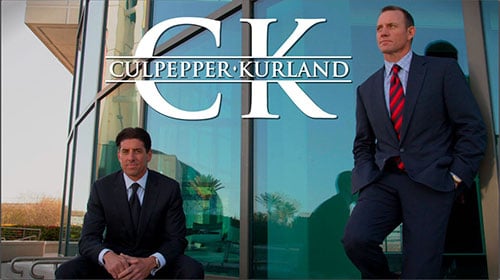Premises liability laws are in place to help protect consumers and visitors from injuries, meaning that safety should be the primary responsibility of property owners. This includes for those who own a shopping mall, store or any other establishment. Premise liability laws are in effect in all 50 states, including Florida.
The legal gist of premises liability law is that it holds owners accountable for accidents and injuries that occur on their property if certain conditions exist. Lawsuits out of premises liability are often seen when slip and fall accidents, falling crates and amusement park ride mishaps occur. When visiting a mall, if you are injured as a result of a falling object on the premises, for example, the mall’s owner may be legally responsible for the incident’s outcome. Determining a responsible party for a premises liability accident may depend on where the incident occurred. For example, if an injury was suffered in an elevator accident because of a mechanical problem, the property owner may bear the responsibility for medical treatment and other damages.
A slip and fall accident happening in a grocery store may be the responsibility of the owner of that store. If the store is managed by a larger corporation, that company may be held accountable as well. Accidents involving children become the responsibility of the owner of that property if he or she is aware that children are on the premises but fails to warn the children that a hazard exists. Typically, however, in order to recover damages from a property owner, you must show that he or she created the risk and knew or should have known about it and failed to remedy the hazardous condition or to warn invitees of the hazard. If a victim bears some responsibility for injuries suffered, then comparative fault would be applied.
Customers of an establishment have a reasonable duty to maintain their own safety when on premise. If that duty is not properly exercised, the injured customer can be partially at fault and the amount of compensation received from the negligent property owner may be limited or reduced.
Source: FindLaw.com “Premises Liability: Who is Responsible?,” Accessed Aug. 14, 2014
Source: FindLaw.com “Premises Liability: Who is Responsible?,” Accessed Aug. 14, 2014


